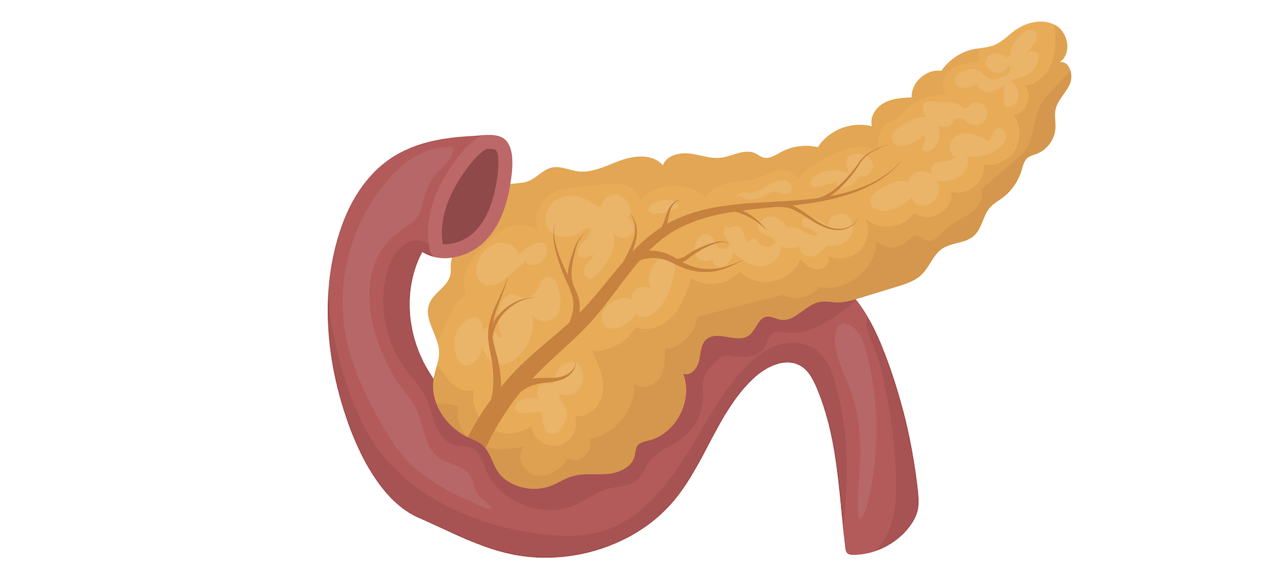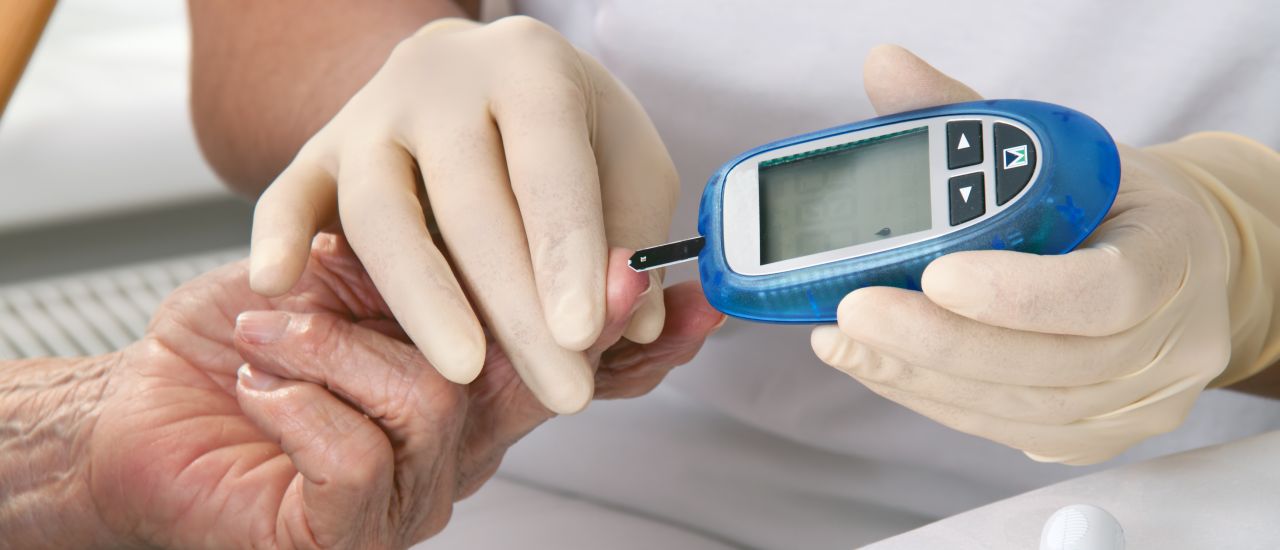You’ve heard of breast, lung and prostate cancer. But pancreatic cancer? What is it and can you prevent it from happening to you?
First things first: what is the pancreas?
The pancreas is a glandular organ behind your stomach and in front of your spine. Shaped a bit like a flat pear, it’s unique since it produces both enzymes AND hormones. The enzymes it produces help with digestion, and the hormones (like insulin) help control sugar levels in the blood. Fair to say, for an odd-looking organ, it has quite an important role to play!
Pancreatic cancer
Pancreatic cancer happens when cells in the pancreas develop mutations in their DNA. These mutations cause cells to grow uncontrollably and to continue living after normal cells would die. These accumulating cells can form a tumour. Tumours can be either malignant (cancerous), or non-cancerous.
Because there are two different types of cells in the pancreas (those that produce digestive enzymes, and those that produce hormones), there are two different types of pancreatic cancer:
- Most pancreatic cancer begins in the cells that produce digestive enzymes. This type of cancer is called pancreatic adenocarcinoma or pancreatic exocrine cancer.
- Rarely, cancer can form in the hormone-producing cells of the pancreas. These types of cancer are called islet cell tumours, pancreatic endocrine cancer and pancreatic neuroendocrine tumors.
Pancreatic cancer signs and symptoms
Pancreatic cancer is one of those conditions that can sneak up on you gradually, and as such, symptoms of cancer often don’t occur until the disease is advanced. However, here are some important signs to be aware of:
- Pain, usually in the belly or the back
- Sudden, unexplained weight loss
- Jaundice, or yellowing of the skin and/or eyes
- Loss of appetite and/or nausea
- Feeling constantly tired and exhausted
- Recent onset of diabetes
There are several other conditions that share similar symptoms. Whether these symptoms mean you have pancreatic cancer or not, they suggest that something is up, and need to be checked by a doctor.
Are you at risk of pancreatic cancer?
Unfortunately, as you get older, your risk of cancer goes up. Most cases of pancreatic cancer are diagnosed in people older than 65. Your risk of pancreatic cancer is also higher if:
- You have experienced any pancreas problems, for example pancreatitis (inflammation)
- You have diabetes
- You have a family history of pancreatic cancer
- You smoke or are overweight
What you can do TODAY to lower your risk of pancreatic cancer
There is no sure way to prevent pancreatic cancer. Some risk factors such as age and family history can’t be controlled. But there are things you can do that might lower your risk. One study, for example, showed that the combination of smoking, long-standing diabetes and a poor diet increased the risk of pancreatic cancer beyond the risk of any one of these factors alone!
So, what should you do? The key cancer prevention lifestyle habits are:
- Not smoking
- Maintaining a healthy body weight
- Eating a healthy, balanced diet
- Cutting back on alcohol
- Staying active
- Staying safe in the sun
It is estimated that up to 40% of all cancers can be prevented by living a healthy lifestyle. Of course, “healthy living” is not a guarantee against ever getting cancer, but it certainly stacks the odds in your favour!


